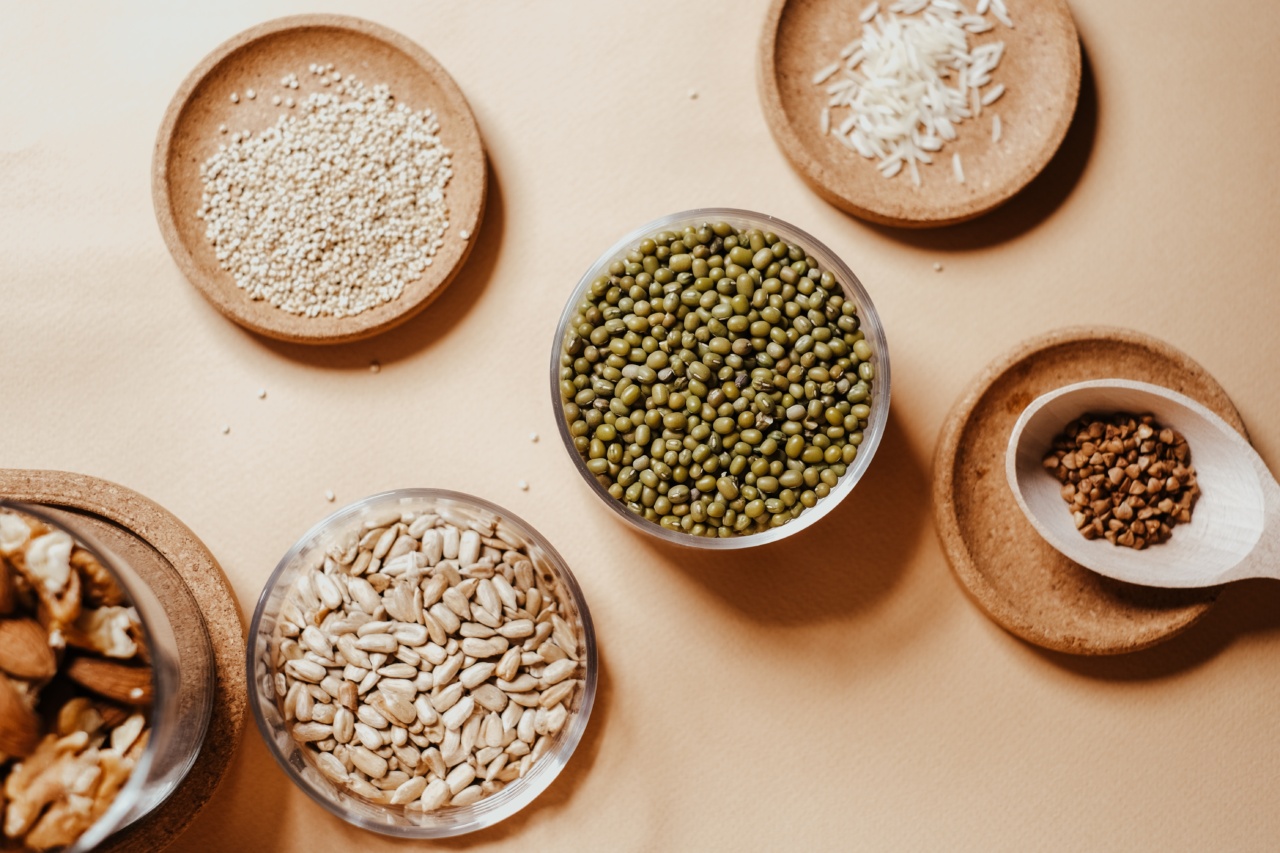Quinoa, pronounced as KEEN-WAH, has gained immense popularity in recent years due to its remarkable nutritional properties and numerous health benefits.
This ancient grain, originating from the Andean region of South America, has been cultivated for over 5,000 years. Quinoa is often referred to as a superfood thanks to its rich profile of vitamins, minerals, and antioxidants. In this article, we will delve deeper into what makes quinoa a superfood and explore its incredible impact on our overall well-being.
2. Nutritional Profile
Quinoa is a nutritional powerhouse and it packs a significant punch when it comes to its nutrient content. This gluten-free grain is an excellent source of protein, fiber, and essential minerals.
A 1-cup serving of cooked quinoa contains approximately 8 grams of protein, making it a fantastic plant-based protein option for vegetarians and vegans. Quinoa is also rich in dietary fiber, with around 5 grams per cup, which can promote healthy digestion and help maintain a healthy weight.
3. Antioxidant-Rich
Another aspect that sets quinoa apart as a superfood is its high antioxidant content.
Antioxidants play a crucial role in neutralizing free radicals in the body, reducing oxidative stress, and potentially lowering the risk of chronic diseases such as heart disease and certain types of cancer. Quinoa contains various antioxidants, including quercetin and kaempferol, which have been linked to numerous health benefits.
4. Essential Vitamins and Minerals
Quinoa is loaded with essential vitamins and minerals that are vital for our overall health and well-being. It is particularly rich in magnesium, which is involved in over 300 biochemical reactions in the body.
Magnesium plays a role in regulating blood sugar levels, maintaining healthy blood pressure, and supporting optimal bone health. Additionally, quinoa contains substantial amounts of folate, iron, zinc, and potassium, further contributing to its nutritional value.
5. Gluten-Free and Easy to Digest
One of the reasons quinoa has gained significant popularity is that it is naturally gluten-free, making it an excellent alternative for those with gluten sensitivities or celiac disease.
Gluten is a protein found in grains such as wheat, barley, and rye, which can cause digestive issues for some individuals. Quinoa, being gluten-free, is also easy to digest and less likely to cause bloating or discomfort compared to grains containing gluten.
6. Low Glycemic Index
Quinoa has a relatively low glycemic index (GI), making it an ideal food for individuals managing their blood sugar levels. The glycemic index measures how quickly a carbohydrate-containing food elevates blood sugar levels.
Foods with a high GI may cause spikes in blood sugar, which can be detrimental for individuals with diabetes or those aiming to maintain stable blood sugar levels. Quinoa’s low GI value helps regulate blood sugar and provides sustained energy throughout the day.
7. Rich in Plant Compounds
Quinoa is abundant in various plant compounds, also known as phytochemicals, which contribute to its exceptional health benefits. One of the significant plant compounds found in quinoa is saponins.
Although saponins can have a slightly bitter taste, they possess anti-inflammatory and anti-cancer properties. Soaking and rinsing quinoa before cooking can help reduce the bitter taste caused by these beneficial compounds.
8. Weight Management
Incorporating quinoa into your diet can aid in weight management due to its impressive nutritional content. The high protein and fiber content of quinoa can increase feelings of fullness, reduce appetite, and prevent overeating.
Additionally, quinoa’s low glycemic index helps maintain stable blood sugar levels, preventing spikes and crashes in energy levels that can lead to unhealthy snacking.
9. Heart Health Benefits
Quinoa is considered heart-healthy due to its unique combination of nutrients. The high fiber content of quinoa has been associated with a lower risk of heart disease.
Fiber helps reduce levels of bad cholesterol (LDL) and triglycerides, contributing to a healthier cardiovascular system. Quinoa’s magnesium content also supports heart health by promoting optimal blood pressure levels and reducing the risk of hypertension and stroke.
10. Versatile and Delicious
Aside from its incredible nutritional benefits, quinoa is a versatile and delicious addition to any diet. It has a subtle, nutty flavor that works well in a variety of dishes.
Quinoa can be enjoyed as a base for salads, added to soups and stews, used to create healthier versions of desserts, or even incorporated into breakfast porridges. The versatility of quinoa makes it easy to include in your daily meals and explore a vast array of flavors and culinary possibilities.





























